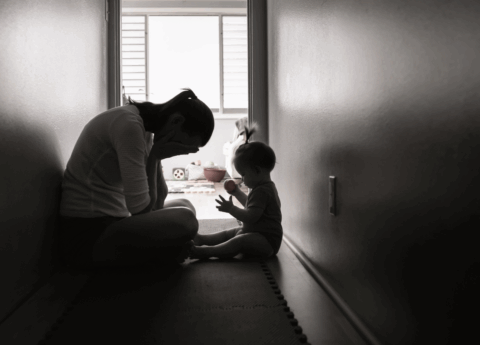In its final days of negotiating a new budget, a sticking point between the House and the Senate is whether to include new dollars for the expansion of pre-school. The governor had proposed $15 million in 2014 for 4,400 new preschool slots for four year-olds, and the House put in $7.5 million for half that many openings. However, the Senate included no new money for pre-school.
Pre-school is an effective long-term economic development strategy. Economist Timothy Bartik examined the economic impact of universal pre-school programs and found that every $1 invested in these programs resulted in $3 in higher earnings for state residents. Bartik also found that in the long-run investment in universal pre-school had twice the impact on jobs for state residents and a 15 percent greater impact on earnings than investing the same amount of money in business tax subsidies.
Studies show that those who participate in early childhood education programs are significantly more likely to graduate from high school and are 2.5 times more likely to continue on to higher education. Pre-school programs can also benefit parents by allowing them more opportunity to participate in the workforce.
A longitudinal study of the impact of high-quality pre-school on children from disadvantaged backgrounds found that the benefits compound over time. By age 19 those students had stronger social skills than those who did not participate in the program. By age 27 they had lower arrest rates, higher income levels and higher rates of high school completion. That study estimated that every $1 invested in such programs results in more than $17 in returns to society.
Early childhood education is one of the key investments Kentucky must make in order to strengthen our economy, families and communities. The state’s cuts-based approach to the current budget both reduces jobs and services at a time we greatly need them and undermines our ability to make long-term economic advances.



